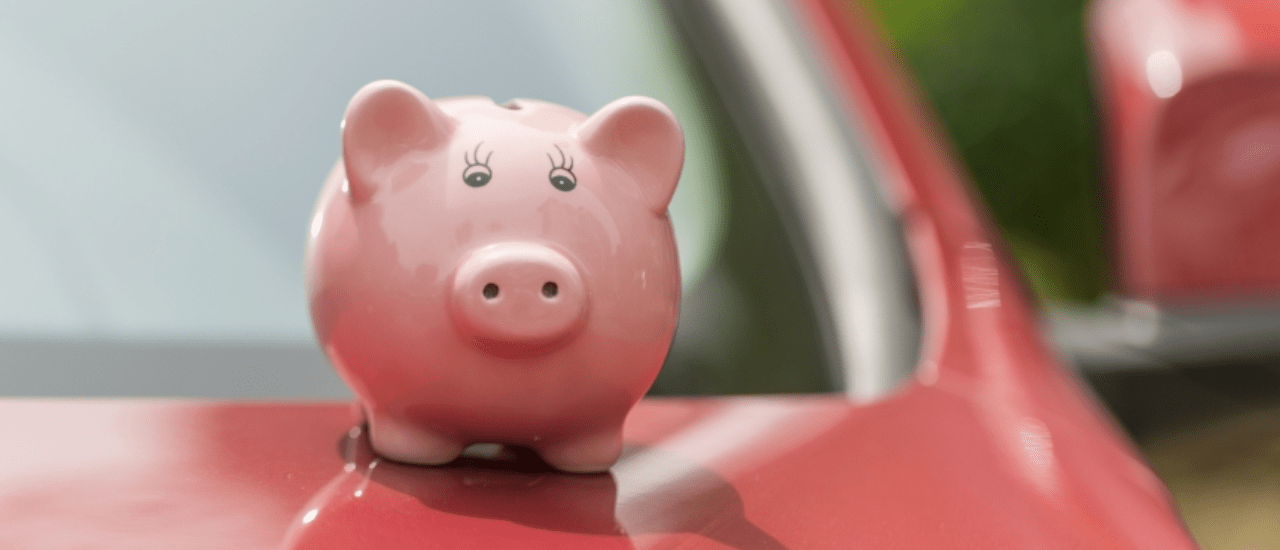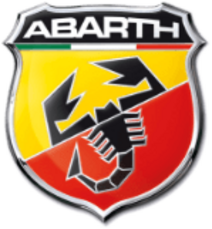
Should you lease or buy your next car?
Should you lease or buy your next car? It’s a question you may be pondering when it comes to getting a new set of wheels, and it can be tricky to decide which way is best for you.
The vast majority of people who purchase new cars do so using a Personal Contract Purchase or PCP, but leasing which is essentially long-term rental has been growing in popularity in recent years, with an estimated five million leased vehicles in the UK, of which around 1.9 million are said to be private leases.
What is leasing and how does it work?
A lease deal is essentially a long-term rental. Personal Contract Hire (PCH) is the main way of leasing a car, and this sees you pay a deposit followed by a series of monthly rental fees for an agreed amount of time. This is typically two to four years, while you can vary the size of your deposit, with a larger down payment resulting in lower monthly outgoings.
At the end of the lease period, you’ll need to hand the car back, with no contractual option to purchase the vehicle – although some leasing firms may let you buy it if you ask. During the period of the lease, you will not own the car – it remains the property of the finance company, and if you do not keep up repayments the car can be repossessed.
What are the different ways to buy a car?
Buying will see you take outright ownership of the car, or have the option to do so in the case of PCP finance.
Your options for buying are:
Cash outright
You can pay the full costs of a car upfront with savings and any part exchange you may have. You will own the car outright from the off, with no ongoing payments – although you will have to be mindful of depreciation and other ownerships costs
Loan
Taking out a loan and using this money to buy a car outright is another option worth considering, particularly if you can find a favourable interest rate. You’ll need approval for a loan, must make repayments on time, and have a good credit standing.
Loans can be secured (meaning you offer an asset – typically your house) as security, meaning the asset can be repossessed if you fail to keep up with repayments. An unsecured loan, also known as a personal loan, meanwhile, will see money lent to you without you having to put an asset up as surety. Secured loans tend to bring lower interest rates than unsecured loans.
Hire Purchase (HP)
A Hire Purchase agreement is a type of finance that sees you rent a car over some time, with your monthly repayments paying off the vehicle, which you will own outright at the end of the deal. HP agreements are not as popular as PCP deals (see below), partly because they are less flexible, and partly because they tend to bring higher monthly repayments.
Personal Contract Purchase (PCP)
PCP finance sees you pay a deposit at the start of an agreement, set monthly payments for the duration of the deal (typically two to four years), and then an optional final payment.
At the end of a PCP deal, you have three options: hand the car back without making the final payment, owing and owning nothing; paying the final payment and owning the car outright, and using any ‘equity’ accrued during the course of the deal to go towards the deposit on a new car – though you will typically need to choose a car from the same brand and funded using the same finance company to roll this ‘equity’ over.
We place ‘equity’ in inverted commas as while this is the colloquial term for the concept; what the money represents is that you have paid more than the car depreciated over the course of the deal. Also, remember that the car remains the property of the finance company unless you make the final payment.
What are the key differences between leasing and buying a car?
The difference between buying a car and leasing one is effectively the difference between buying a house and renting one. As with houses, you can use finance packages to help you fund a car although while with a mortgage you will be classed as a homeowner (with the mortgage essentially being a secured loan – see above), the vast majority of car finance packages including PCP and HP see the finance company own the vehicle throughout the deal – although with these you will potentially own the car once the contract is up.
Leasing differs, in that the car is simply rented over a fixed period and with certain terms (mainly related to the mileage you can cover, how you service the car, and its overall condition).
Pros and cons of leasing a car
Pros of leasing a car
- Monthly payments tend to be lower than financing
- Short-term agreements are often available, making it easy to swap into a new car often
- No large fees at the end of an agreement
Cons of leasing a car
- You don’t have the option to own the car
- Leasing agreements tend to have strict mileage limits with further costs for going over those
- You’ll need to pay to give the car back before the end of your contract
Pros and cons of buying a car
Pros of buying a car
- You’ll own it outright, or have the option to
- Less strict mileage restrictions for finance, and none for outright
- Option to hand the car back early if financed
Cons of buying a car
- Buying typically works out more expensive every month
- Finance agreements tend to be locked in for longer than lease deals
- You’ll have to bear the cost of depreciation
Is it cheaper to lease or buy a car?
This is a bit of a tricky question to answer, as there are so many variables’ concepts to consider. First, while a PCP contract will not see you own a car unless you make the final balloon payment, in conceptual terms PCPs may give a sense of ownership as such, leasing a car can be cheaper than using PCP finance.
Like renting a house, you aren’t paying anything towards ownership of the car when leasing and you’ve got to stick to strict terms. That said, you won’t have to be worried about extra costs as long as you follow those. Financing a car is more like taking a mortgage. You will need a larger deposit and pay more in the long run, but you’ll own the car — or at least have the option to — at the end of an agreement.
Though, as with a house, if you own a car, you’re the one responsible for keeping it legal and roadworthy — which will need extra thought once it comes to an MOT being required.
Is it better to lease or buy a car?
Whether it’s better to lease or buy a car ultimately comes down to your preferences and circumstances. You may consider that buying a second-hand car outright is a better move than either leasing or using a PCP deal to obtain a new car, for example.
When it may be best to lease a car
- You favour monthly lower costs over owning a car outright
- You like to change into a new car frequently
- You use the car for business — you may be able to get lower business lease rates
When it may be best to buy a car
- You want outright ownership of the car
- You’re happy to stick with one car for multiple years
- You don’t want to be bound by strict mileage limits
At Griffin Mill, we have a large selection of cars ranging from Peugeot, Kia, Fiat, Abarth, Nissan, Renault, and Dacia.








